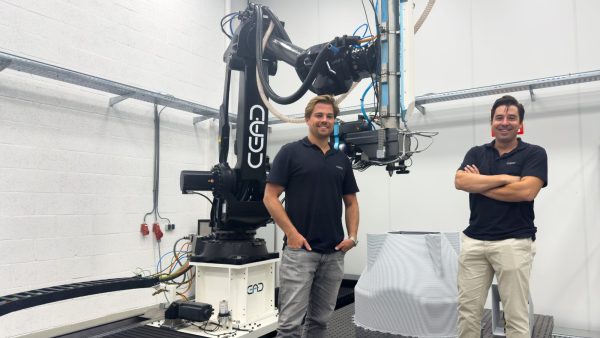Geen producten in de winkelwagen.
Three “Must Do” Priorities for 2007
As you prepare for 2007, here are three universal priorities that will have a significant impact on both you and your company:
Focus on Strengths
Instead of hiring more (and extremely difficult to find) programmers to keep up with the rapid growth of her HR software firm, Lois Melbourne, CEO of Irvine, TX-based Aquire, focuses on making her existing programmers happier and more productive. How?
She’s taken a page from strengths guru Marcus Buckingham. I had read his highly successful book, Now, Discover Your Strengths, but had never really understood the power of his ideas until we hosted him to keynote our Growth Summit in November.
One of the finest communicators I’ve ever heard, Marcus drove home the point that we waste way too much time trying to fix our individual weaknesses and should instead play to our strengths, focusing on activities that energize and make us strong, while finding ways to delegate or eliminate those activities that drain us. To do this, Buckingham suggests taking a couple weeks and documenting all those activities you either love or loathe (I’m doing this right now as I write this column).
This is precisely what Melbourne has her programmers do, noting all the activities that are energy draining and keeping them away from their primary strength – programming. She then compiles this list, eliminates those activities no one should have to do (they creep into every job) and then uses the remaining list to create a job description for a new position. She then finds someone whose strengths and passion matches this combined list of activities. Result – happier, easier to retain, and more productive programmers while minimizing the need to hire more.
“Stop Doing” List
A perennial New Year’s exercise, I’ll keep emphasizing the importance of saying “no” so long as I’m writing for and advising leaders of growth firms. As Jim Collins emphasizes in his book Good to Great, we need “stop doing” lists more than we need “start doing” lists.
As part of your annual planning process, decide on two significant “stop doings” for 2007 – product lines that need to be eliminated; activities that can be halted; customers with whom you’ll spend less time; offices that need to be shuttered. Anything that’s bringing the company down, purge from the organization. Until you close some doors, others can’t open.
And commit to doing the same on a weekly basis as part of your regular staff meetings in 2007. In the last year alone our team has eliminated our land lines and moved to just using our cell phones (one less voice mail box for each of us to check); outsourced our product fulfillment to an outside firm, eliminating daily trips to a shipping facility; dramatically simplified our corporate legal structure; automated the reporting of daily cash balances; and executed dozens of additional “stops.” All of these simple decisions combined increased our profit/employee by roughly $30,000 in 2006.
Three Concrete Objectives
In 2007, rather than babble on about generalities like improving customer service or driving revenue or reducing costs, get concrete and specific. Name three specific and measurable changes, like reducing turnaround time from 3 days to 1 day, you expect will create a positive chain reaction throughout the organization.
There you have it: Focus on Strengths; Create “Stop Doing” Lists; and outline Three Concrete Objectives for 2007. Here’s to a profitable and growth-oriented New Year!








